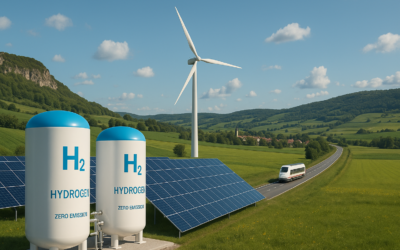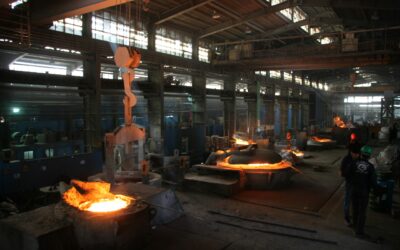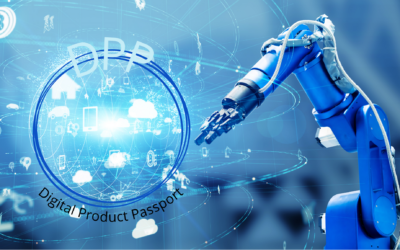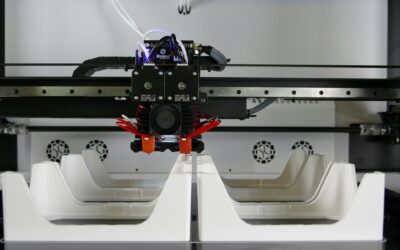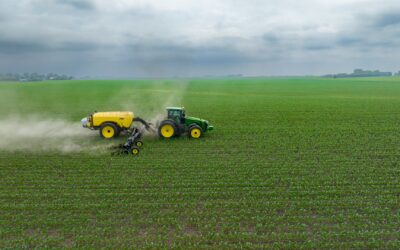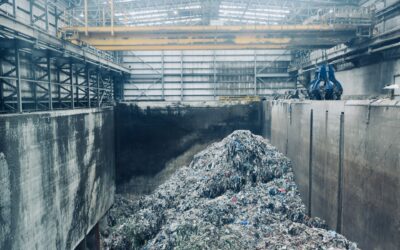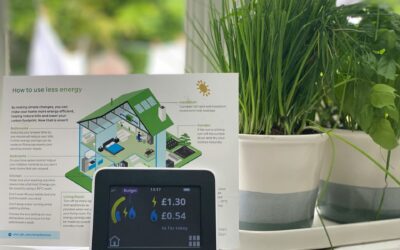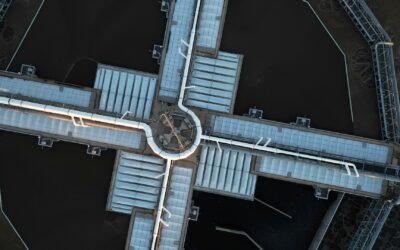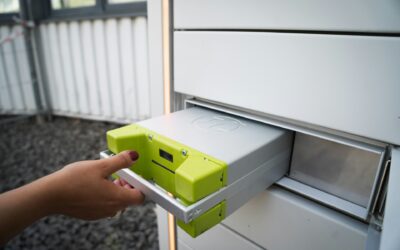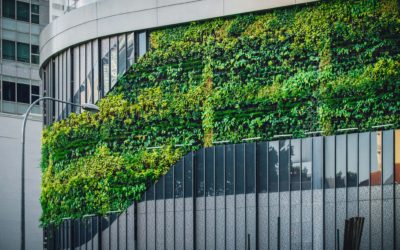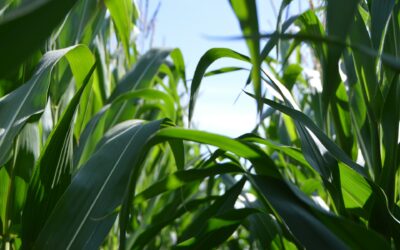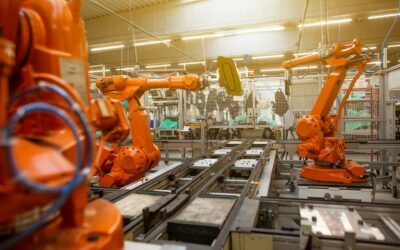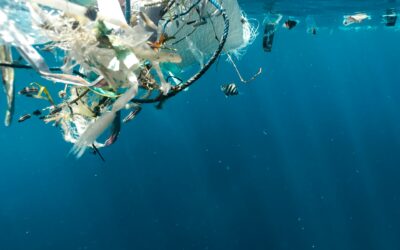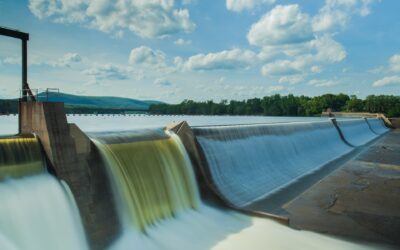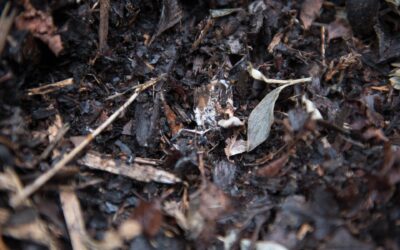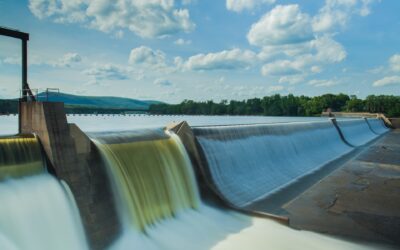CARTIF projects
Agrigenomics and next-generation sequencing technologies
Description
The AGRIGENOMICS AND NEW GENERATION SEQUENCING TECHNOLOGIES research line seeks to implement advanced solutions to solve various problems linked to the agro-forestry and food sectors in Castilla y León, such as soil degradation, low agricultural productivity or the incidence of pests and diseases, considering the entire plant-soil ecosystem as a whole and through a multidisciplinary approach that encompasses agro-biotechnological, chemical-analytical and agronomic methodologies.
Objectives
- Agronomic crop management.
- Monitoring and evaluation of agroforestry systems.
- Research on microbial biodiversity and monitoring of changes in ecosystems through environmental DNA sequencing and DNA metabarcoding.
- Improvement of crop productivity, adaptation to climate change and integrated control.
- Improvement of traditional agro-ecological practices.
Actions
a) Study and monitoring of the biodiversity of agroforestry soils in the region using environmental DNA and metabarcoding DNA analysis methods to determine the distribution, abundance, seasonal change and migration of species present in environmental samples.
b) Study of the microbiome of agricultural soils by profiling complete microbial communities in complex environmental samples, in such a way that the understanding of the different microbial populations present allows to determine the most suitable or adequate practices for the different agricultural soil profiles studied and to generate guidelines for the application of solutions or implementation of efficient agricultural practices that benefit both the performance of the agricultural activity and the regeneration and resilience of the soil agroecosystem.
c) Study and development of bioproducts with agronomic potential, which will make it possible to achieve a substantial improvement in crop productivity and their adaptation to different adverse conditions. Work will also be done on improving more traditional agro-ecological practices, such as crop rotation, increasing pollinators and natural predators for an integrated fight against pests and diseases, natural control of adventitious plants, etc. In addition, it is planned to investigate the biometric and photosynthetic activity of trees and plants, which will allow an assessment of climate change and improvement of the health of plant masses in both agricultural and forestry crops.
Expected Results
- Develop and maintain sustainable rural and urban environments, linked to efficient and sustainable agricultural and forestry productivity.
- Implement agroforestry solutions as a sound method to address climate change and its challenges.
- Research and understand the effects of climate change on forest stands, urban green spaces and agricultural crops in order to develop mitigation strategies.
- Address the phenomenon of “forest decline” through detailed studies of the causes and effects on forest stands.
- Investigate the fragility of crops to climate change in order to develop more resilient and profitable agricultural practices.
R&D Line
- Research on new systems and crop improvement: biological control, adventitious control, plant rotation and association, pest bio-resistance, yield improvement, RNAi and plant genetics strategies and urban agriculture solutions.
Subvención de Apoyo a la inversión para la mejora de las capacidades científicas y tecnológicas de los Centros Tecnológicos de la Comunidad de Castilla y León (2023)
File: 2023 CCTT 06
![]()
![]()
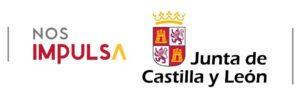
Total Budget: 124,970€
CARTIF Grant: 62,485€
Duration: 02/10/2023 – 31/05/2024
Co-financed with ERDF funds contributing to the Policy Objective “OP1: A more competitive and smarter Europe, promoting innovative and intelligent economic transformation and regional connectivity to information and communication technologies”.
Responsible
Bárbara Díez Rodríguez
Agrifood and Processes Division
Networking
Other projects:
PROTEIN4IMPACT
PROTEIN4IMPACT assesses the nutritional health, safety, and quality aspects, as well as the environmental and socioeconomic impacts, of novel protein foods derived from unconventional sources.
CYLH2VALLEY
CyLH2Valley aims to develop and demonstrate a large-scale Hydrogen Valley in Castilla y León region, encompassing mobility, industry and energy applications.
PROCTWIN
PROCTWIN aims to develop a demonstration platform to predict and optimise the use of multiple stages in steelmaking.
Bi0SpaCE
bi0SpaCE accelerates the digital and circular transformation of Europe’s bio-based industries through Digital Product Passports (DPP) enhanced with Industry 4.0 technologies.
DIAMETER
In the DIAMETER project, the physical-experimental results of the 3D metal additive manufacturing processes will be contrasted with computational simulations, with the aim of predicting the behaviour of the parts under different modifications of the process.
ENERGYGUARD
The EnergyGuard project will create an innovative test platform for artificial intelligence (AI) in the energy sector, integrating five European test centres with a green HPC infrastructure.
FERTICOVERY
FertiCovery aims to identify and analyze technologies for recycling fertilizers from secondary raw materials, promoting balanced nitrogen and phosphorus flows while enhancing soil health within ecological limits
UNITED CIRCLES
United Circles seeks to transform various types of urban waste into useful resources by applying the concept of industrial-urban symbiosis.
AGRED
AGRED seeks to generate a series of tools aimed at facilitating the management of distribution networks and networks of sensors and equipment related to energy management.
CLIMRES
CLIMRES aims to foster a ‘Leadership for Climate Resilient Buildings’, by addressing the identification and systematic categorisation of buildings’ vulnerabilities and estimating their impact in the buildings’ ecosystem considering the interlinkages within the urban context.
SIRCULAR
SIRCULAR seeks to transform the construction sector into a sustainable, low-carbon industry through decarbonisation strategies. Its main objective is to reduce carbon emissions by minimising reliance on virgin materials and exploring low-carbon alternatives, such as recycled materials.
ICARUS
ICARUS will represent a breakthrough in the research and demonstration of new technologies to upgrade Secondary Raw Materials ensuring similar quality as primary raw materials, of three waste streams to improve circular economy principles in several intensive industries with its implementation in the construction sector
iPhotoCult
iPhotoCult has as objective to design, develop and validate innovative and sustainable photonic solutions for the preservation of Cultural Heritage. These solutions, applicable on remote or in situ, include advance diagosis tools and a platform of services on the cloud that allos the precise monitorization of buildings, monuments and artefacts
META BUILD
METABUILD overall vision is to operationalise energy efficiency first principle in the practical contect of buildings towards the decarbonisation of the EU building stock.
Controlled Environment and Plant Health Pilot (PAC-SAVE)
CARTIF ProjectsPAC-SAVEControlled Environment and Plant Health PilotDescriptionCARTIF's PAC-SAVE project aims to develop a Controlled Environment and Plant Health Pilot to investigate the resilience of crops and forests to climate change. Through advanced technologies...
Waste treatment for energy and material recovery in industrial processes
Increase the extractability of protein sources and other compounds of nutritional interest, naturally present in by-products generated in the transformation processes of the food industry, through the use of “green technologies” of pre-treatment such as extrusion
High-pressure processes for the generation of high value-added products
Increase the extractability of protein sources and other compounds of nutritional interest, naturally present in by-products generated in the transformation processes of the food industry, through the use of “green technologies” of pre-treatment such as extrusion
Advanced technologies for the development and characterisation of 3S food: healthy, sustainable and safe
Increase the extractability of protein sources and other compounds of nutritional interest, naturally present in by-products generated in the transformation processes of the food industry, through the use of “green technologies” of pre-treatment such as extrusion
Lifetime characterisation, safety and recycling processes in batteries
CARTIF Projects Lifetime characterisation, safety and recycling processes in batteriesDescriptionThe general objective of this action is to develop technologies and strategies to improve the characterisation of the useful life of batteries, increase their safety and...
VALORA-0
VALORA-0 is focused on the valorization of waste currents of CAMPOFRÍO FOOD GROUP.
CARNIVAL
CARNIVAL aims to generate new scientific and technological knowledge to create added value for waste and by-products from the meat sector, particularly in the sheep and pig sectors.
SGA2-NZC
NetZeroCities (NZC) project’s main objective is to support cities selected by the European Commission to achieve climate neutrality by 2030, in line with the 100 Climate Neutral and Smart Cities Mission.
THUNDER
THUNDER project aims to overcome existing barriers hampering a wide adoption of DCs waste heat recovery strategies, providing an innovative, efficient and cost attractive Seasonal Thermal storage based on Thermochemical Materials
SCO2OP-TES
SCO2OP-TES focuses on the development of technologies for storing electricity in the form of heat, which is then converted back into electricity (P2H2P – power-to-heat-to-power).
HYDRA
HYDRA focuses on understanding and addressing the potential impact of widespread hydrogen use on climate, environment and society. The project assesses a scenario of high hydrogen penetration in the energy mix.
EMERGE
EMERGE aims to provide African policy makers, academics, investors and citizens with tools and knowledge to increase clean energy and sustainable resource use, reducing cultural and socio-economic gaps.
RURBANIVE
RURBANIVE will establish a novel rural/urban innovation framework, supported by technical and social innovations to enhance territorial governance and existing policy tools.
MOBILITIES FOR EU
MOBILITIES for EU aims to accelerate the transformation of cities towards climate neutrality through innovative solutions in passenger and freight mobility.
PRO-CLIMATE
Support communities to proactively adapt to climate change through social transformation and behavioural change.
PRO-COAST
Stimulate and empower local communities and civil society in general, to support restoration and maintenance of biodiversity and ecosystem services across Europe, and thus to involve them more actively in environmental governance.
Study of the use of alternative protein sources from agro-industrial by-products.
Increase the extractability of protein sources and other compounds of nutritional interest, naturally present in by-products generated in the transformation processes of the food industry, through the use of “green technologies” of pre-treatment such as extrusion
Incorporation of new equipment and processes to improve the advance digital manufacturing laboratory
Acquisition of advanced technological elements to enhance rapid prototyping services, as well as to support specific developments in the challenging processes of creating objects that are not available on the market or are costly to produce in limited quantities.
Study of the mechanical behaviour of recycled composite from the aeronautical industry and wind turbine blades.
Increase knowledge of the mechanical behaviour of recycled materials from the aeronautical industry and wind turbine blades.
Efficient recovery of metals from spent EV batteries
The project focuses on the recovery of critical metals present in the cathode of spent electric vehicle battery cells, through a more environmentally sustainable process, for their future reintroduction into the value chain.
PROBIO
The general objective of the PROBIO project is to work on broadening the spectrum of substrates that can be treated in fermentation processes for the production of renewable gases (biohydrogen and biomethane) and biocompounds of interest (volatile fatty acids).
iAMP_Hydro
iAMP-Hydro aims at improving the operation of existing hydropower plants (HPP) through the development of digital solutions which will be integrated into an intelligent Asset Management Platform (iAMP)
INHERIT
The overall vision of INHERIT is to create a systematic methodology, accompanied by leading-edge Information and Communication Technologies (ICTs), such as Internet of Things (IoT), Artificial Intelligence (AI) and (big) data analytics, and associated social/behavioural practices, towards sustainable, inclusive and resource-efficient Cultural Heritage (CH) solutions.
CLEANPORTS
CARTIF Projects CLEANPORTSResearch of intelligent and sustainable nay solutions for the automation of logistics and advanced intermodal processes from por to last mile.DescriptionThe main objective of the project is to improve logistics processes for the complete...
ARISE
The ARISE project envisions a near future which aligns with Industry 5.0, prioritising, resilient, sustainable and human-centric work environments. In such a future, companies recognise that investing in industrial human-robot interaction (HRI) is essential for achieving better short- and long-term goals, rather than a cost.
SGA1-NZC
SGA1-NZC has as an objective give support to 100 cities selected to be intelligent and climate neutral by 2030.
ECOFORES
ECOFORES objective is the development of nerw bioproducts, agroecological processes and new solutions environmentally sustainable, through the application of subproducts conversion technologies.
AIR-COMPOST
AIR-COMPOST general objective is to reduce the odours and Volatile Organic Compounds (VOCs) produced on the process of composting through the addition of microorganisms, additives and other compounds.
D-HYDROFLEX
D-HYFROFLEX seeks research into technological innovations in hydropower plants in search of improved efficiency and sustainability and hydropower competitiveness in modern electricity markets. The project will develop tools for the digital renovation of existing hydroelectric plants based on sensors, digital twins, artificial intelligence, hydrolyser modelling and image processing.
NATMed
NATMed project will develop, implement and validate a joint of innovative nature based solutions (NbS) on existent water infrastructures for improving the management of the water cycle and provide Ecosistemic Services and environmental, social and economic benefits.
ENPOWER
ENPOWER will design, develop and demonstrate SSH-driven methodologies, interactive and closed-loop tools, and data-driven services for energy-activated citizens and energy-secure cross-sector communities towards a citizen-centric energy system.
RURACTIVE
RURACTIVE encourage a just and sustainable transition of rural areas through intelligent solutions, lead by the community, tailor-made, based on the local and inclusive inside the multi-stakeholder rural innovation ecosystems at 12 pilot areas (Dynamos, Ds).
SMARTeeSTORY
SMARTeeSTORY will create an integrated intelligent building automation and control system to monitor and optimise the energy performance of historic non-residential buildings, according to an innovative multi-domain approach (integrating the 9 domains proposed by the ISR methodology).
LIXIV-IA
LIXIV-IA proposes the development of solutions based on artificial intelligence (AI) and big data for the optimisation of the operation of autonomous containerised plants.

